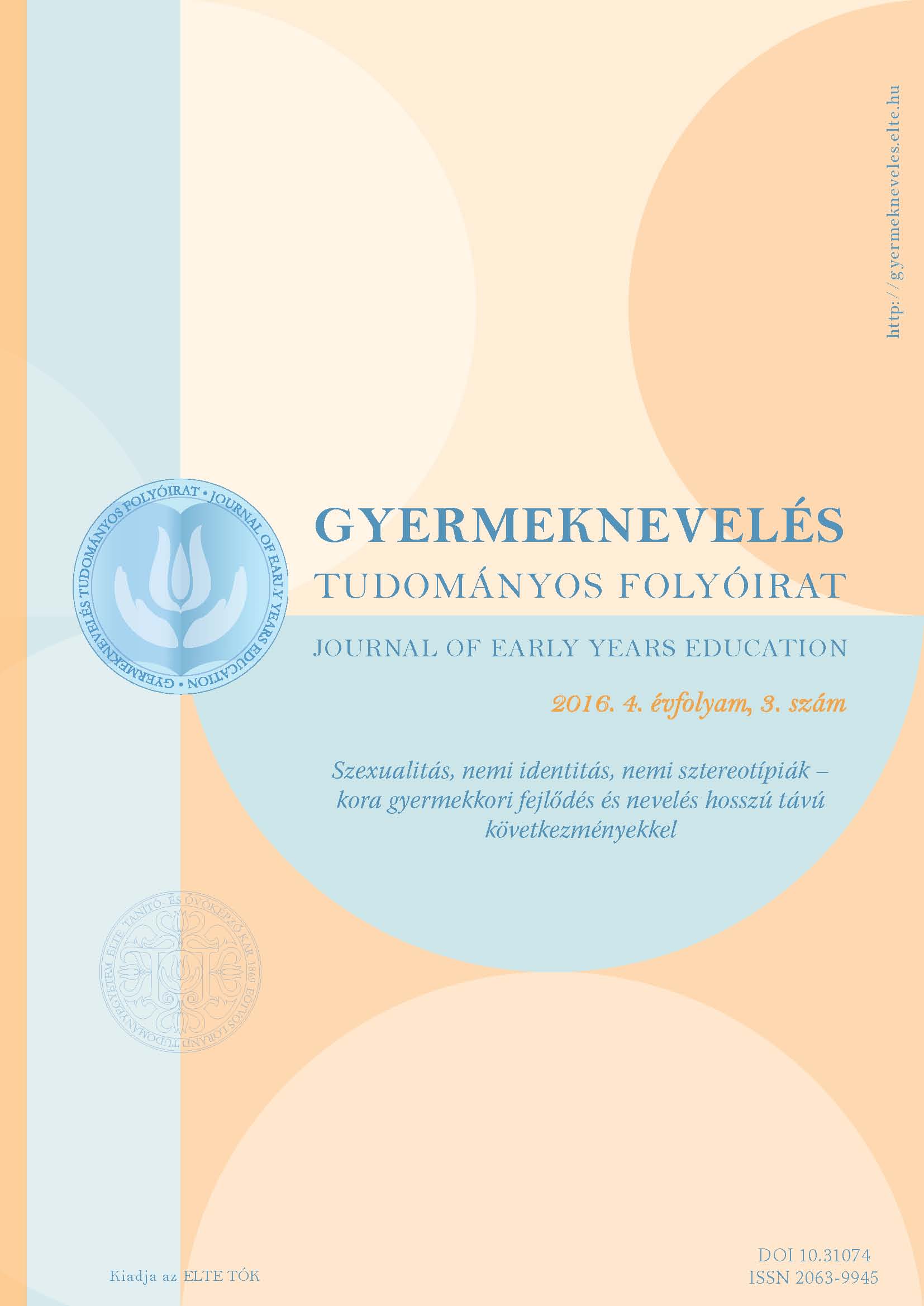Eltérően fejlődő gyermek a családban
DOI:
https://doi.org/10.31074/gyntf.2016.3.1.15Keywords:
atypically developing children, family relationship, social support, coping, developmentAbstract
During the permanent socialization process the parents and the child are in interaction. We have to come to know the parental side as well to understand that how does the parent-child relationship influence the child’s development. We have relatively few knowledge yet about this in connection with the atypically developing children. The parents have to face each time with that their child is atypical. Independently from the type, the identification and the seriousness of the difference, we can notice characteristic first parental reactions, several negative emotions. The experienced negative emotions can cause relationship problems between the parents, between the parent and the children, but it can concern the wider social relationships as well. The parents also have to face with several further sources of stress. All of these influence the atypically developing child’s development. In the successful parental coping process social support has an emphasized role. In the child’s point of view that is also essentially important the parents actively and deliberately accept him or her, sithence, only in this case can they be able to optimally help the child’s development. The specialists also have to know those points, where we can interfere to support the family in which the child is living, and which determines his or her development.
Downloads
Downloads
Published
How to Cite
Issue
Section
License
Copyright (c) 2016 Author

This work is licensed under a Creative Commons Attribution-NonCommercial-ShareAlike 4.0 International License.

